Myriam Boulos
on Photography,
Documenting Lebanon
and Social Justice
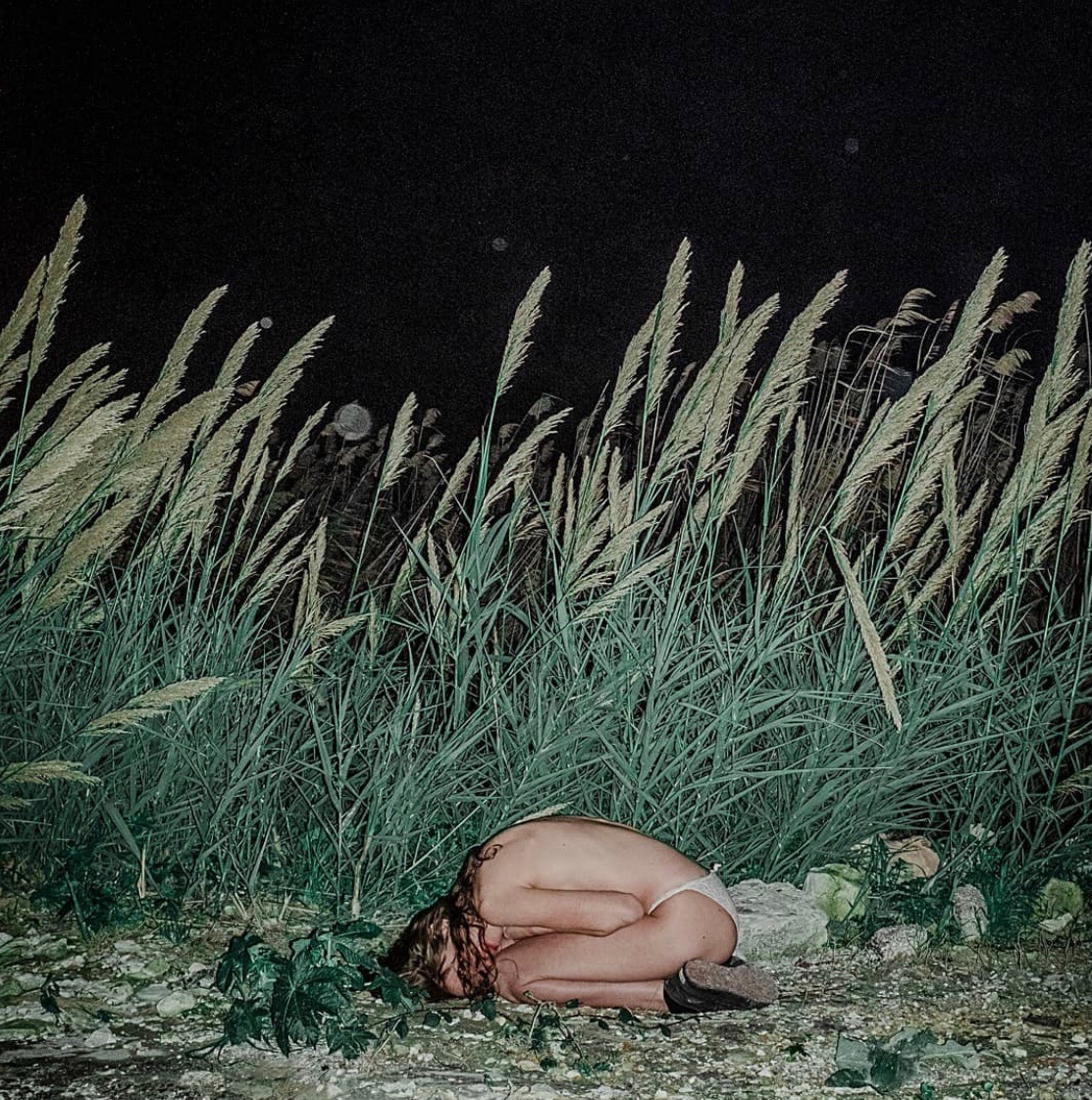
Myriam Boulos - from the Series 'Dead End'
© Myriam Boulos
Photographer Myriam Boulos engages through the camera and her artistic eye with the Lebanon. A dance of discovery between her body and the city of Beirut. She captures in her stricking photography, the essence of a collective cry, the pulse of a city and the many faces, places, issues and notions.
Documenting the country through the night, the self, the contrasts and since its start, the Revolution, her work is a tool looking for social justice, a form of resistance on a patriarchal society, an arena to question gender roles, to photograph the contemporary and seek justice.
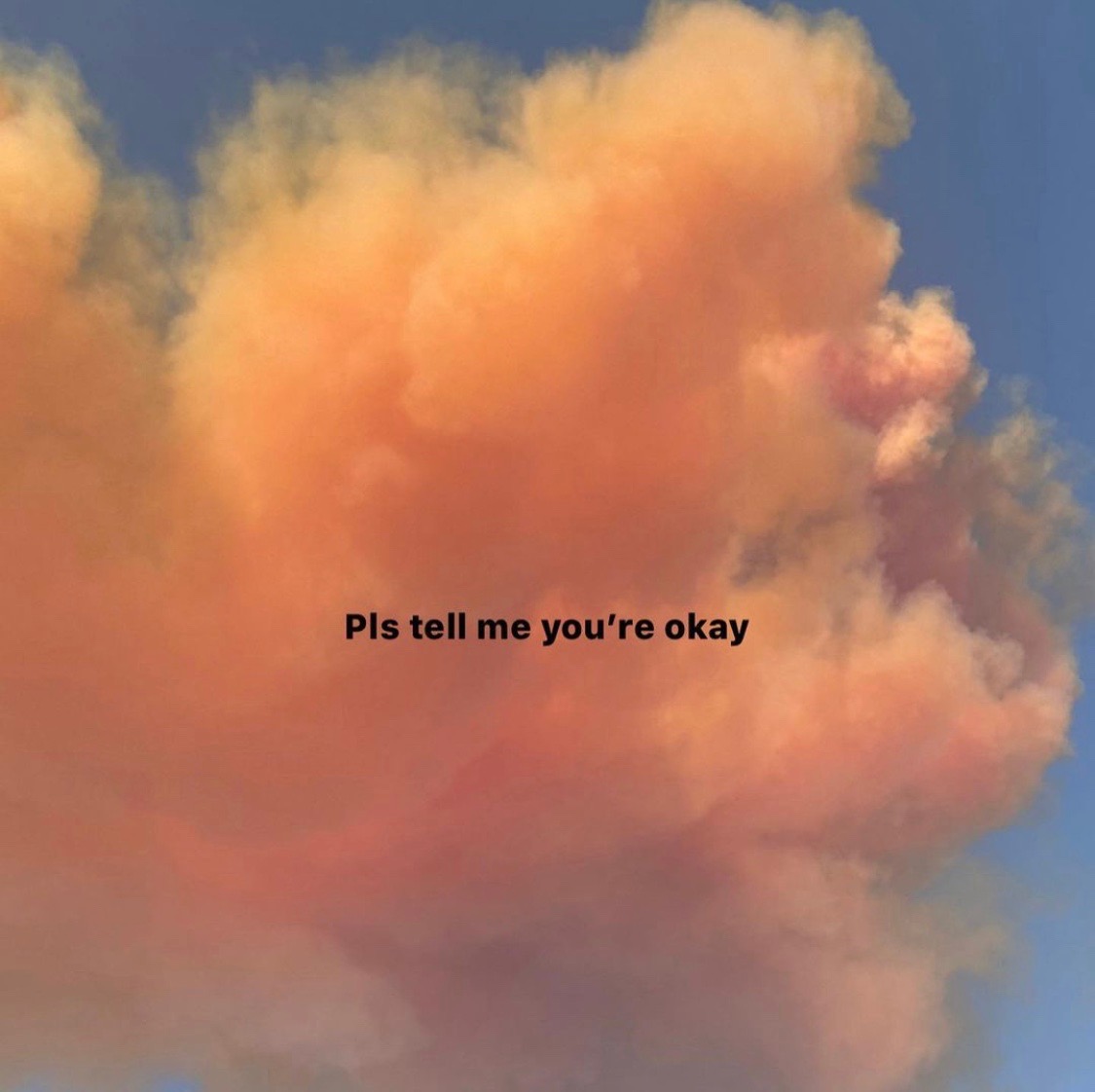
© Myriam Boulos
The explosion and devastation on the 4th of August 2020 at Beirut’s marfa’ (port), changed the Lebanon. The loss of life, injuries, fear, displacement, destruction, impact, aftermath, post traumatic stress, and continuous heartbreaking situation have left visible and invisible scars.
— “Pls tell me you're okay”— words set on Myriam Boulos’ photograph from the day of the explosion, an image shared extensively online, embodying the layers upon layers of destruction and emotions, disguised in a pink cloud.
The pierced hearts of the country's civil society, an entity that picked up the pieces after the destruction, rebuilding broom in hand, have also been faced with the country's economic collapse, alongside the global pandemic. Despite enduring thorns, they and the arts, have shed a light onto the scars.
Through photography, Myriam Boulos exposes shadows, documenting and shining a light on the ongoing situation in Lebanon.
In her remarkable body of work, she breaks through perceptions and expectations, conveying through her photographic series, a contemporary landscape of portraits, the layers of fractures, of delicate touches, poignant times, core emotions, images filled with fighting spirits as well as fragility.
Our conversation started with how it all began...
Your work is linked to the city of Beirut, it reflects on its people, surroundings, exposing Lebanon’s society, its injustices, inequalities alongside celebrating its youth, multiculturalism and poetic energy. What was it that first drew you into capturing the essence of Beirut and exploring these notions in your art?
I started exploring Beirut, photography and myself as a young woman—all at the same time. Beirut through photography, myself through Beirut, photography through Beirut and myself through photography. I was around 16. I used to go to the conservatoire (music school) three times a week after school. Between school and my music courses I would get lost in Beirut’s streets with my camera.
Why photography as your choice of art?
I used to play the flute and draw (my mother Michele Standjofski is an illustrator). When I was 16, I met a girl who became my best friend; she had a sophisticated camera. I told my parents that I wanted the same one, my mother's response was that I had to first develop my eye and gaze. Since then, photography has been the most obvious and clear thing to my mind and for me, the perfect medium for all existing and possible reasons!
Much of your work figures around the question of identity, feminism, gender, do you think about these elements whilst or before you shoot, or is the process instinctive and they apply themselves organically?
Yes the pictures I take are always linked to personal obsessions! Sometimes I am aware of them before taking the images and at other times, I take a lot of pictures and then I’m like, oh that’s what I was obsessing about! Very cheesy thing to say but photography is really like therapy for me!
"In a city based on self-destruction, I'm looking for tenderness" - @myriamboulos
.jpg)
From the ongoing series 'Tenderness'
(shown here is a part of the image) © Myriam Boulos
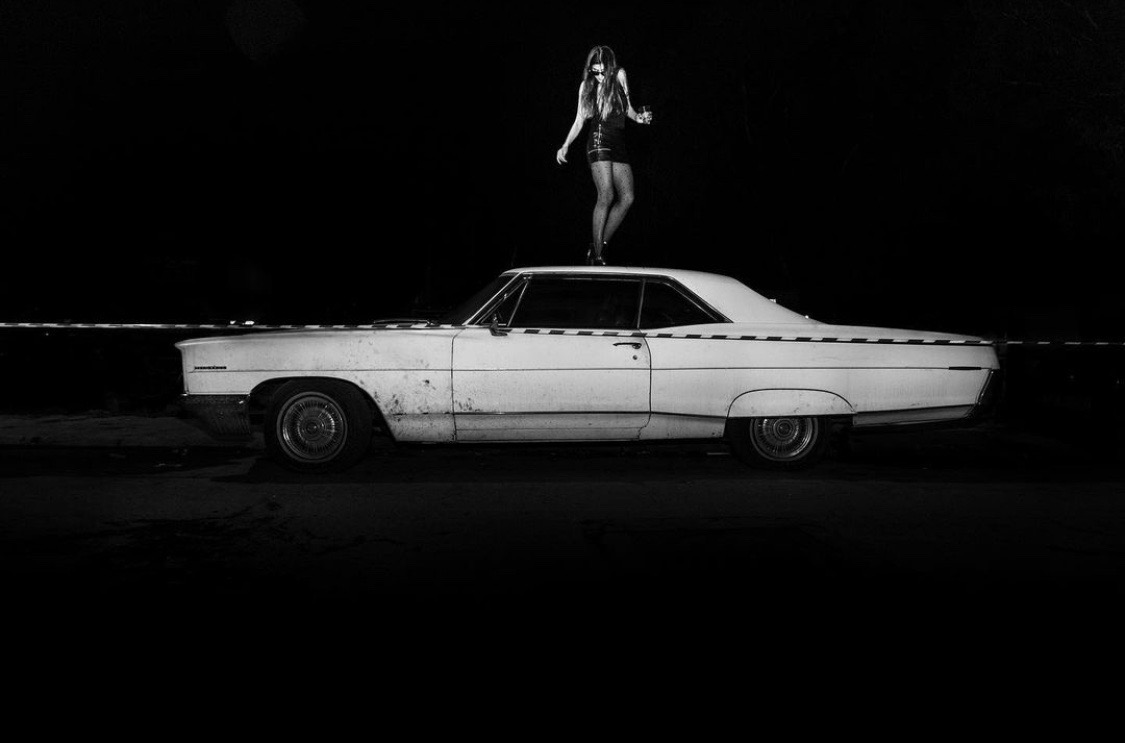
from the series 'Nightshift'
"This series was shot in 2014, as I was coming out of adolescence and discovering and questioning women's place in Lebanon's capitalist and patriarchal society" - Myriam Boulos © Myriam Boulos
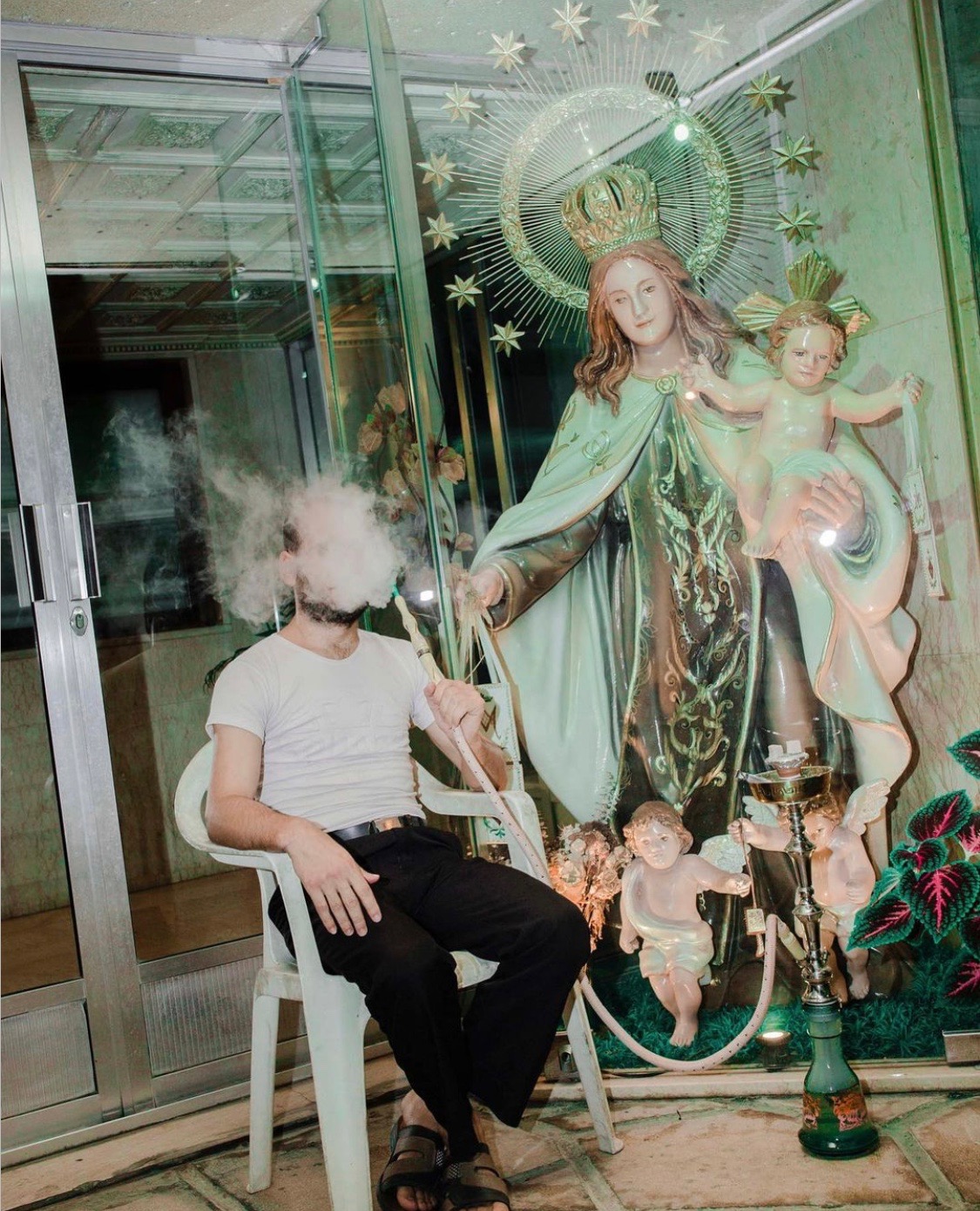
From the series 'Dead End'
© Myriam Boulos
You’ve actively and rightly stood against the Kafala system in Lebanon. Your ‘Sunday’ series of 2015, are photographs of migrant domestic workers, on the one day of the week - Sunday - they are supposed to have off.
Can you tell us a bit about this body of work, and using photography to highlight the need for laws and systems to change for the good?
I was very young when I did this photography series, Sunday.
Today I still fight against the Kafala system but not through photography.

From the series 'Sunday'
© Myriam Boulos
You were part of, and documented the Thawra (Revolution), can you share with us how you felt throughout the protests? As a photographer, is your first instinct to take a picture, be in the moment and then think about everything you have witnessed at a later stage?
Ouf I would have to share with you my diary to answer this question!
I think that this whole year completely threw me outside of myself.
For me, the revolution was a way of getting out of all abusive relationships. It really taught me to say no, this is not normal - every time I am facing a f****ed up but normalized situation.
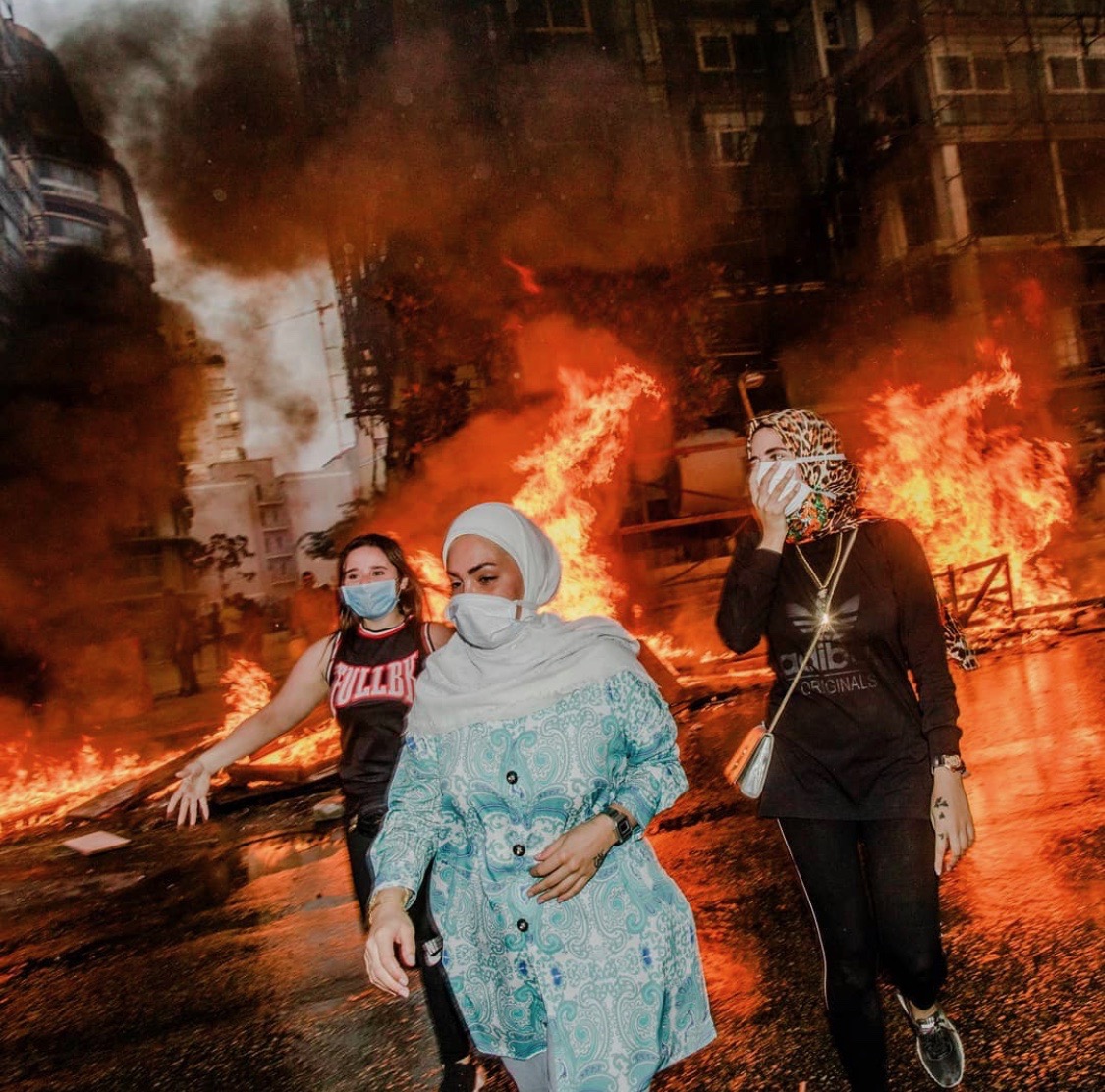
Thawra protests, Beirut, Lebanon © Myriam Boulos
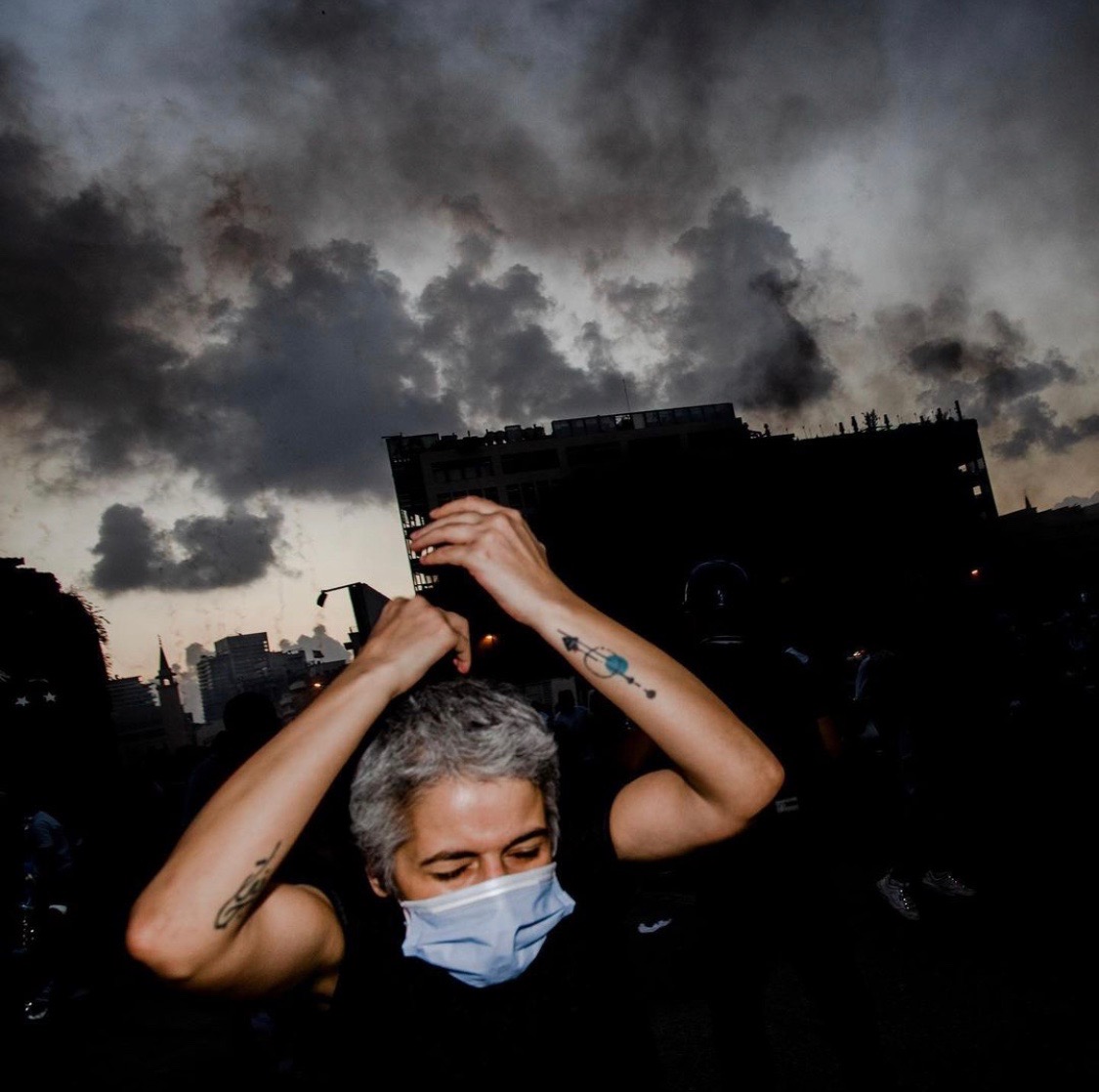
"It is very difficult for me to take pictures in this nightmare. But I feel like we have to document document and document." @myriamboulos
Thawra protests, Beirut, Lebanon © Myriam Boulos
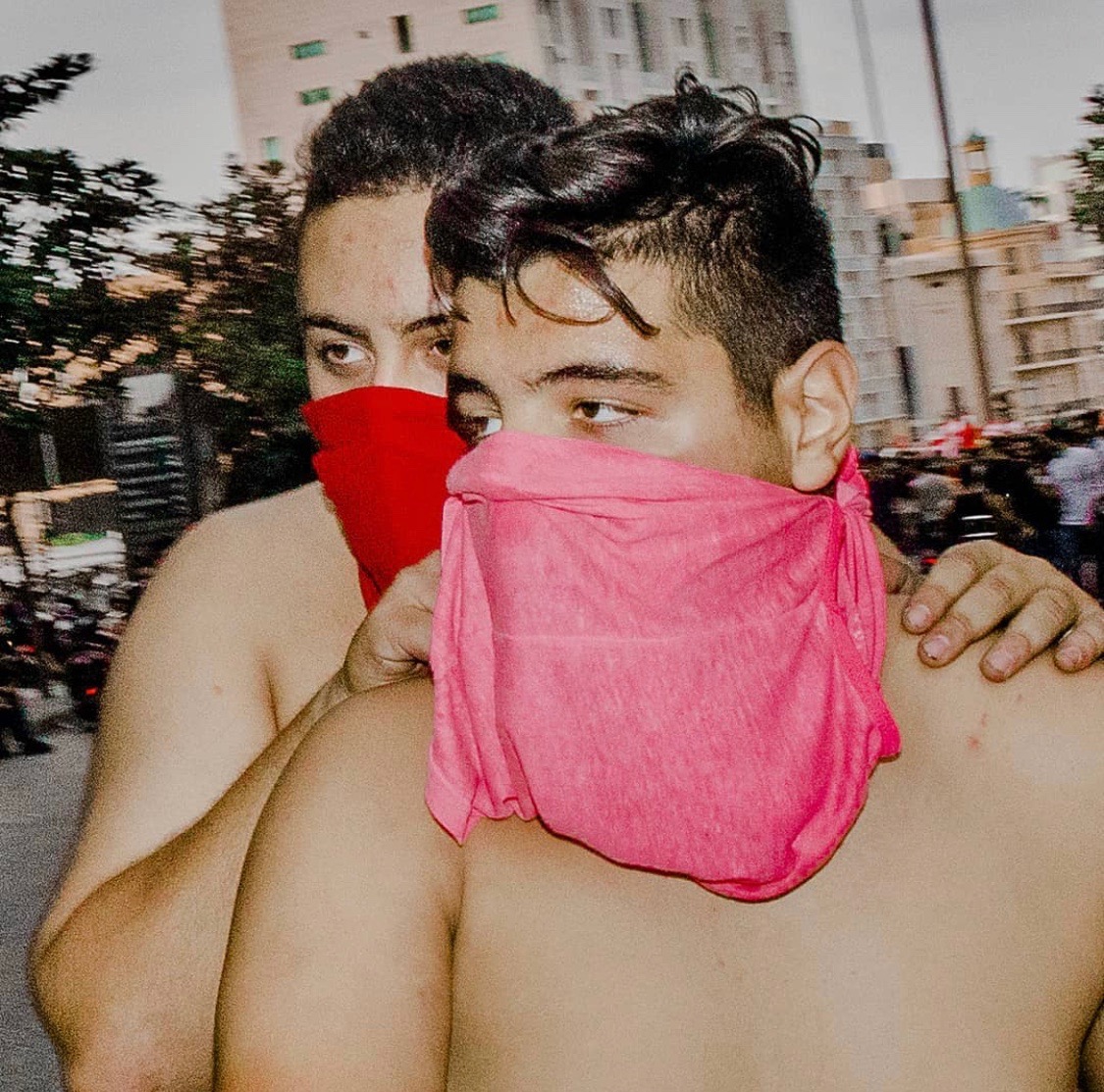
Thawra protests, Beirut, Lebanon © Myriam Boulos
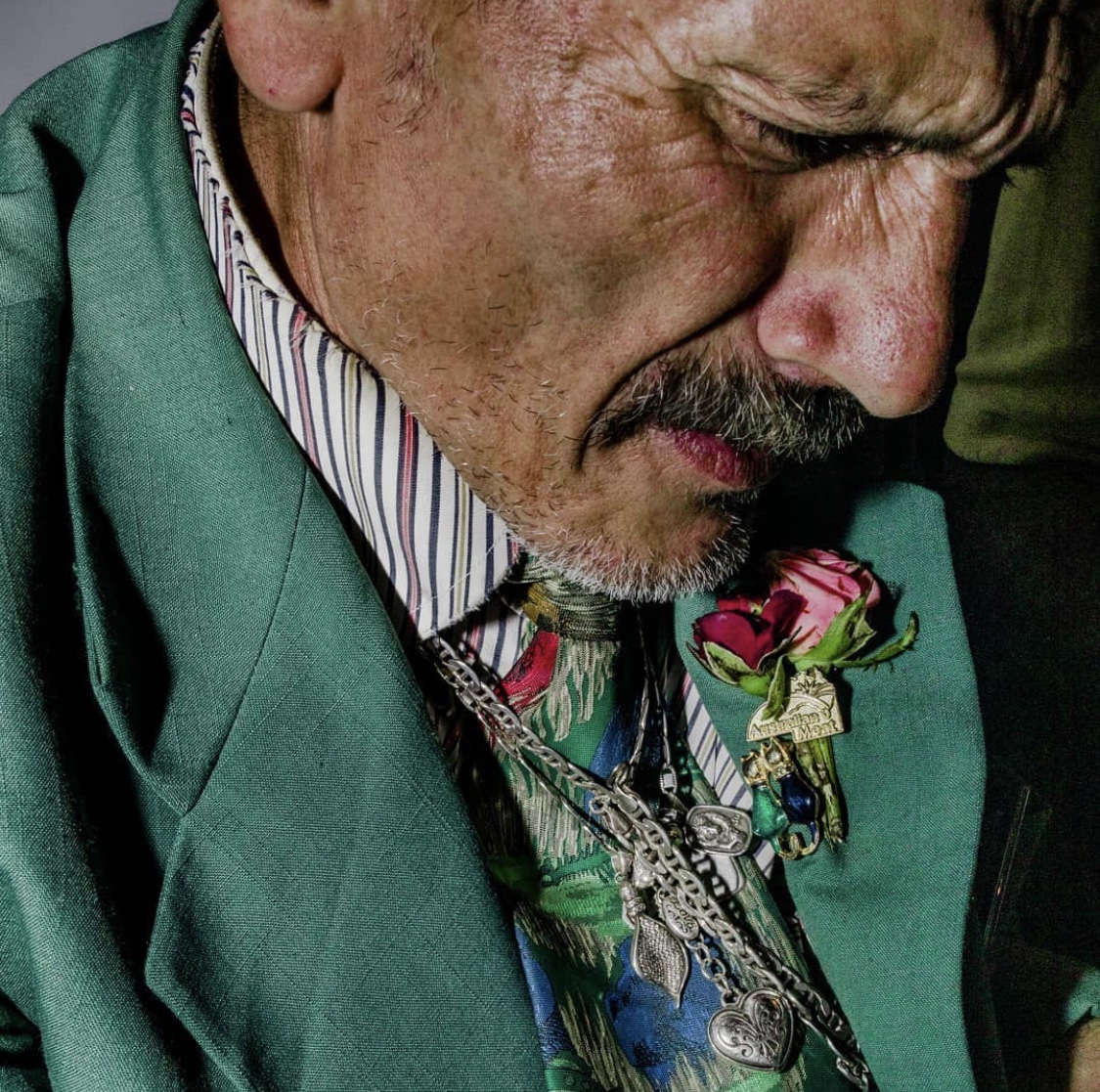
Thawra protests, Tripoli, Lebanon © Myriam Boulos
Sadly, there were many heartbreaking moments that occurred in Lebanon. Amongst the devastation on 4th August 2020, much of the cultural sector was also hit and affected. What are your hopes for the country’s cultural sector? And do you feel through the unity that is being seen across the sector, with artists and organisations coming together, that art as a power can shift things in Lebanon for the better?
Very honestly I think it is too soon for me to feel hope, I think that I am still in a survival mode right now, I don’t know…
.jpg)
© Myriam Boulos @ Time Magazine
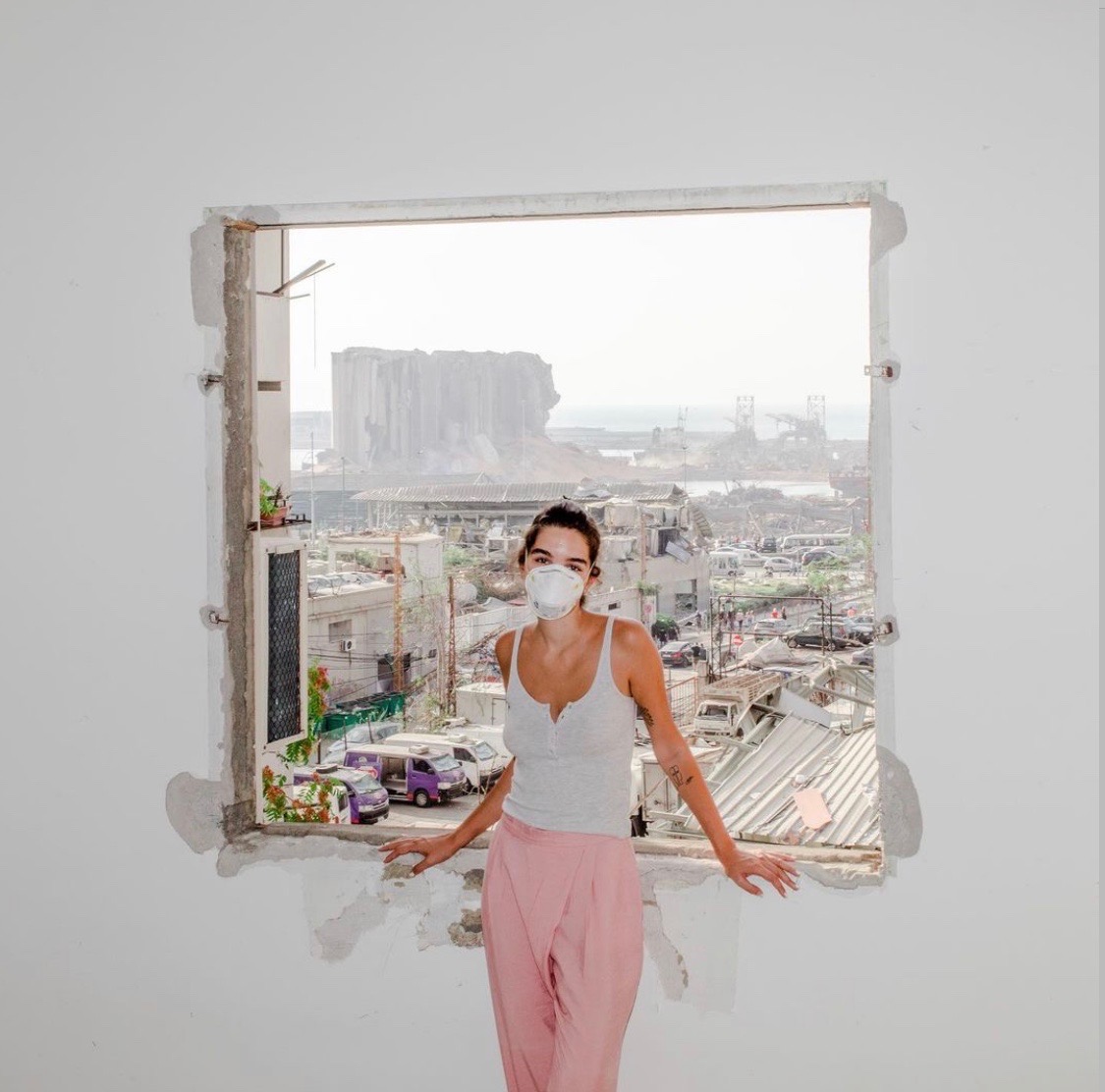
Nour Saliba photographed by Myriam Boulos, standing in her apartment in Mar Mikhael on the 6th August 2020, two days after the devastating explosion tore through the area, killing many and destroying much of the infrastructure.
© Myriam Boulos
This is one of the photographs by Myriam Boulos selected as best portraits of 2020 by Time Magazine.
What is next for you artistically? Is there somewhere (or someone) in Lebanon you haven’t yet photographed that you would like to?
Yes! I am starting a new project on women’s sexual fantasies in Lebanon, can’t wait!
.jpg)
Photographer Myriam Boulos holds a master’s degree in photography from the Lebanese Academy of Fine Arts. She has exhibited widely, including as part of Infinite identities in Amsterdam, Troisième Biennale des Photographes du Monde Arabe in Paris, C’est Beyrouth in Paris, at Berlin PhotoWeek, at Photomed in Beirut, and at the French institute of Lebanon. She was the recipient of the Purple Lens Award and her work has been published and featured extensively including in Time Magazine, Vogue, Vanity Fair and Harper's Bazaar, with two of her photographs named as best portraits of 2020 by Time Magazine.
.jpg)
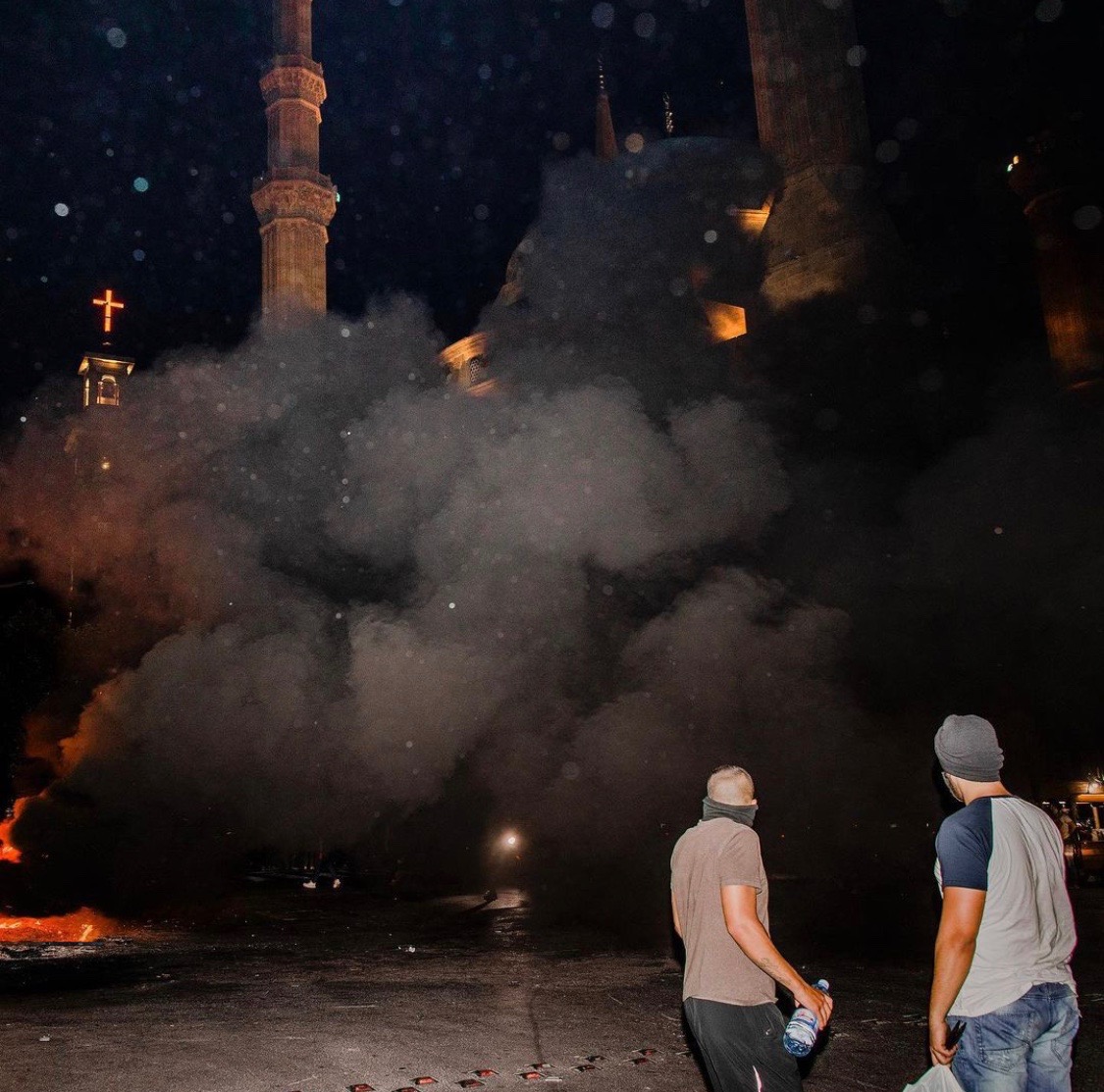
Thawra protests, Tripoli, Lebanon and Beirut, Lebanon © Myriam Boulos
NGO's to help Lebanon:
SEAL for Lebanon: www.seal-usa.org
Beit el Baraka: https://www.beitelbaraka.org/
Bebw’shebbek: https://www.instagram.com/bebwshebbek/
Lebanese Food Bank: https://lebanesefoodbank.org/
Egna Legna Besidet: https://www.instagram.com/egnalegna/
Lebanese Red Cross and Lebanese Red Crescent: https://www.redcross.org.lb/
Impact Lebanon: https://www.impactlebanon.org/
Kafa: https://www.kafa.org.lb/en
Life Lebanon: https://www.lifelebanon.com/
